What are hemorrhoids?
Swollen veins in your lower rectum and anus, similar to varicose veins are known as Hemorrhoids or piles. Hemorrhoids can develop inside the rectum, which is called internal hemorrhoids or under the skin around the anus which is called external hemorrhoids.
From time to time, nearly three out of four adults will have hemorrhoids. A number of causes may trigger Hemorrhoids, but frequently the cause is unknown.
Fortunately, effective options are available to treat hemorrhoids. Many people get relief with lifestyle changes and home treatments.
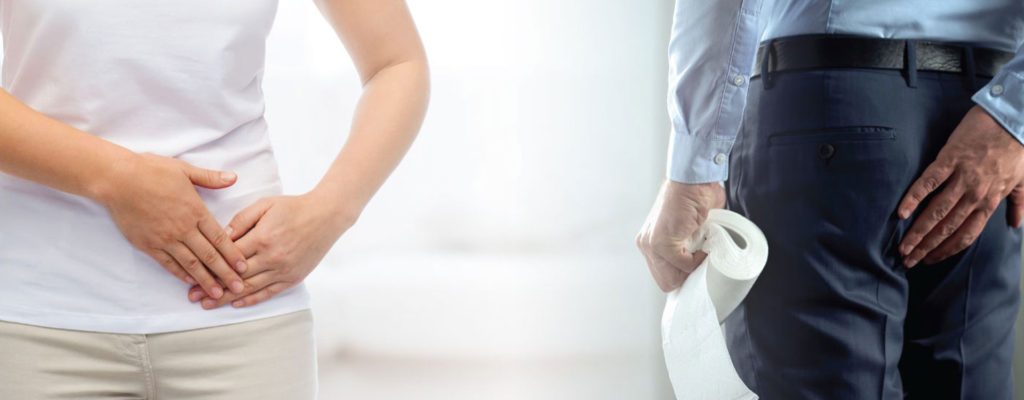
Click here to find out about 8 best chairs for hemorrhoids.
What are the Symptoms?
Symptoms of hemorrhoids mainly depend on the type of hemorrhoids.
External hemorrhoids
These are under the skin around your anus. Symptoms and signs might involve – 1) Irritation or Itching in your anal region; 2) Discomfort or pain; 3) Swelling around your anus; 4) Bleeding
Internal hemorrhoids
Internal hemorrhoids lie inside the rectum. You normally cannot feel or see them, and they hardly cause discomfort. But straining or irritation when passing stool can cause – 1) Painless bleeding during bowel movements. You might observe small amounts of bright red blood in the toilet or on your toilet tissue; 2) A hemorrhoids that push through the anal opening i.e.: protruding or prolapsed hemorrhoid, causing irritation and pain.
Thrombosed hemorrhoids
If blood pools in an external hemorrhoid and forms a clot (thrombus), it can result in: 1) Severe pain; 2) Swelling; 3) Inflammation; 4) A hard lump near your anus
When to make an appointment with a doctor?
If you have hemorrhoids that don’t improve after a week of home care or you have bleeding during defecation (bowel movements), consult with your doctor.
For your attention:
If you have changes in bowel habits or if your stools change in color or consistency, don’t suppose that rectal bleeding is due to hemorrhoids. Bleeding from a rectum can occur with other diseases, including anal cancer and colorectal cancer.
Get immediate medical help if you have large amounts of rectal bleeding, dizziness, lightheadedness or faintness.
Here you can find out information about the best office chairs.
What are the causes?
The veins around your anus may bulge or swell, because they stretch under pressure. Hemorrhoids can develop from increased pressure in the lower rectum due to – 1) Straining during bowel movements; 2) Sitting for long periods of time on the toilet; 3) Having chronic constipation or diarrhea; 4) Being overweight; 5) Eating a low-fiber diet; 6) Being pregnant; 7) Having anal intercourse; 8) Regular heavy lifting
What are the risk factors?
As you get older, your risk of hemorrhoids rises. That is due to the tissues that support the veins in your anus and rectum can stretch and weaken. This can also take place when you are pregnant, because the baby’s weight puts pressure on the anal area.
What are possible complications?
Complications of hemorrhoids are rare but include:
1) Anemia – Persistent blood loss from hemorrhoids may be the cause of anemia, in which you do not have sufficient healthy red blood cells to carry oxygen to your cells. Though, above mentioned happens infrequently
2) Strangulated hemorrhoid – The hemorrhoid may be “strangulated,” which can cause extreme pain, If the blood supply to an internal hemorrhoid is cut off
3) Blood clot – Occasionally, a clot can form in a hemorrhoid or thrombosed hemorrhoid. Though not dangerous, it can be very painful and sometimes require to be lanced and drained.
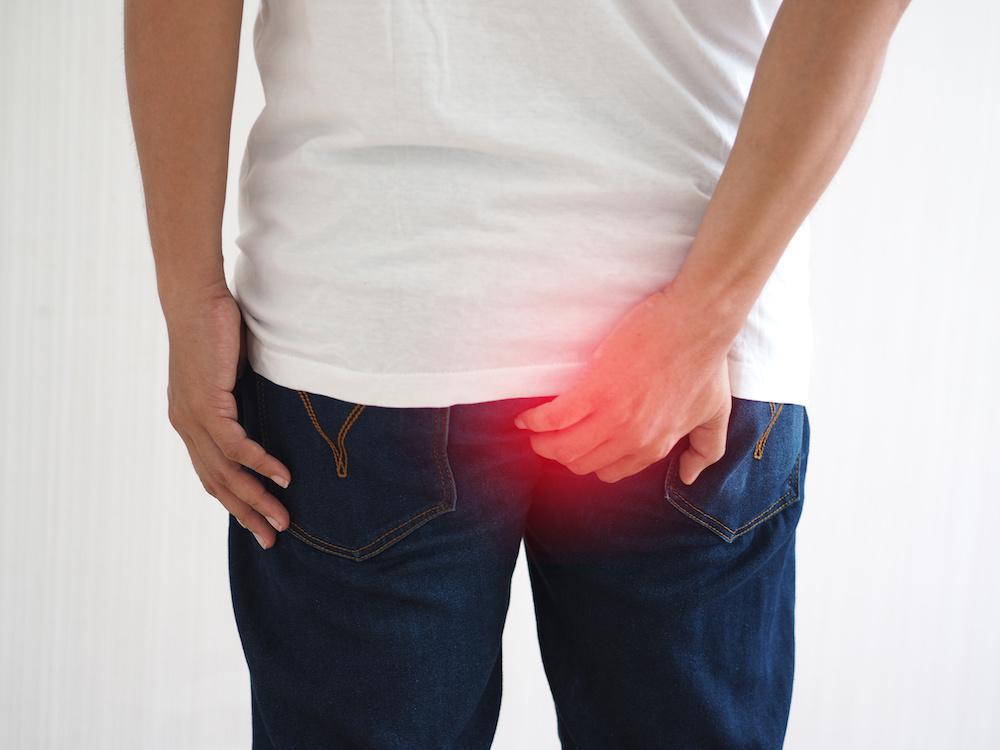
How to prevent hemorrhoids?
Most effective way to avert hemorrhoids is to maintain your stools soft, so they pass easily. To prevent hemorrhoids and diminish symptoms of hemorrhoids, take into consideration following tips:
1) Eat high-fiber foods – Try to eat more fruits, vegetables and whole grains. This will soften the stool and increase its bulk, which will help you avoid the straining that can become a cause for hemorrhoids. Add fiber to your diet gradually to prevent problems with gas.
2) Drink lots of fluids – Drink five to eight glasses of water and other liquids (do not drink alcohol) each day to help maintain stools soft.
Click here for best office chairs for hemorrhoids (Piles).
For your information:
Be sure to drink at least eight glasses of water or other fluids every day, If you utilize fiber supplements, in other case, supplements can worsen or cause constipation.
3) Try not to strain – Straining and holding your breath during bowel movements generates greater pressure in the veins in the lower rectum
4) Go as soon as you feel the urge – If you wait to pass a bowel movement and the urge goes away, your stool could dry out and be harder to pass
5) Exercise – Long periods of standing or sitting can be harmful for your veins, so stay active to help avert constipation and to reduce pressure on veins, which can occur with 6) Keep yourself from sitting for long – Sitting too long, particularly on the toilet, can increase the pressure on the veins in the anus.

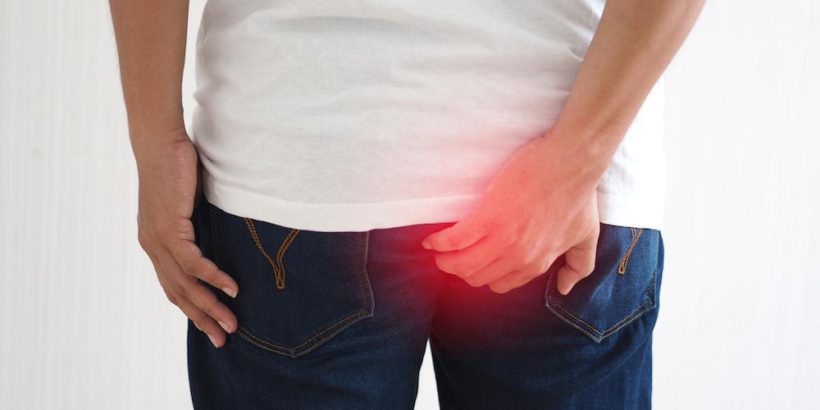
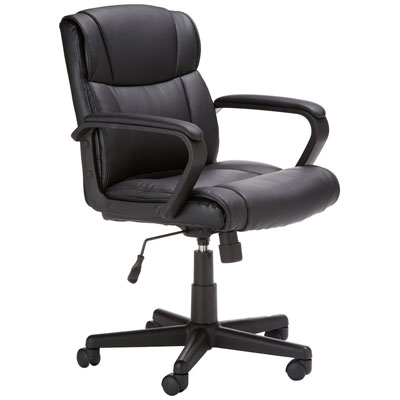
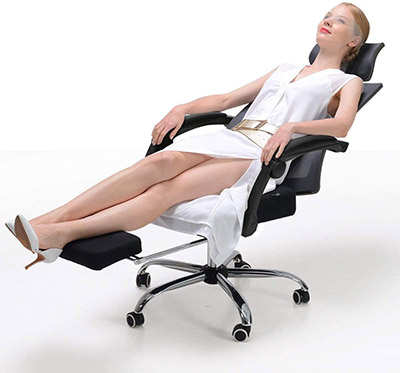
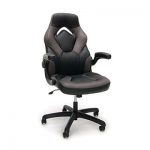
![10 Best Reclining Office Chair Picks [New 2019 Guide] 10 Best Reclining Office Chair Picks [New 2019 Guide]](https://bestofficechair.org/wp-content/uploads/2018/11/reclining-office-chair-150x150.jpg)
![10 Best Office Chairs For Sciatica [2020 Back Pain Guide] 10 Best Office Chairs For Sciatica [2020 Back Pain Guide]](https://bestofficechair.org/wp-content/uploads/2018/05/best-office-chair-for-sciatica-150x150.jpg)
![Top 15 Reclining Office Chairs Reviewed [2018 Definitive Guide] Top 15 Reclining Office Chairs Reviewed [2018 Definitive Guide]](https://bestofficechair.org/wp-content/uploads/2018/09/office-chair-that-reclines-for-naps-150x150.jpg)

